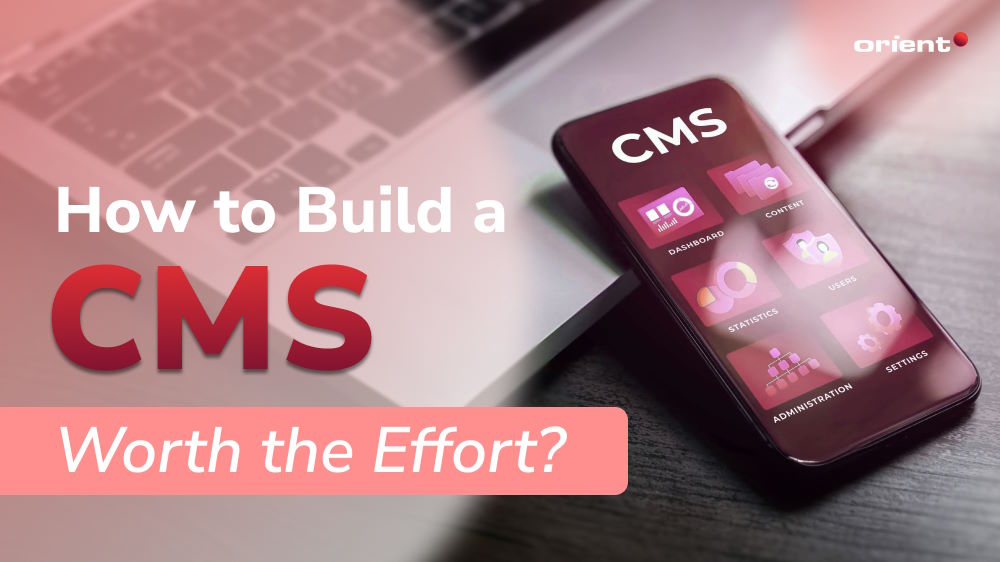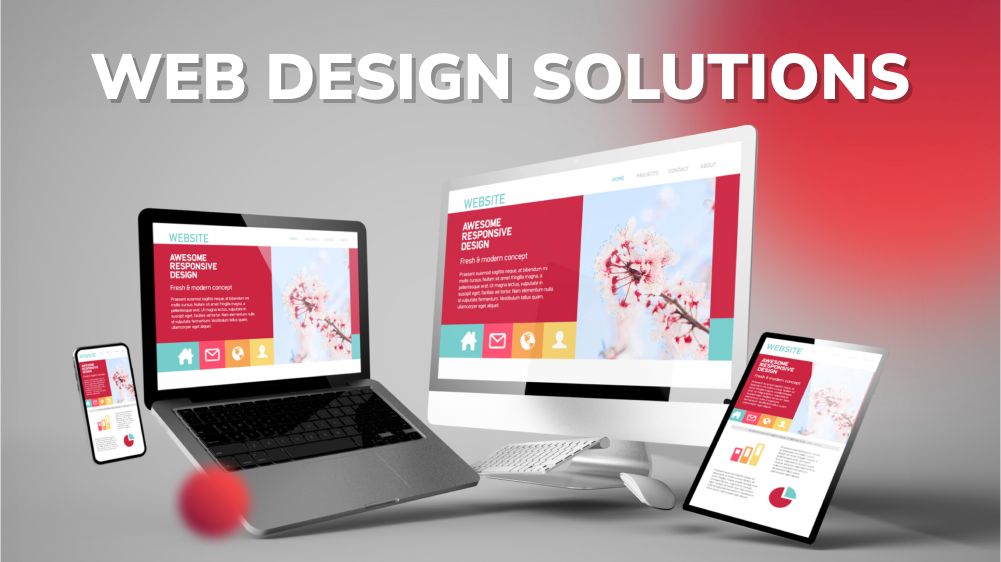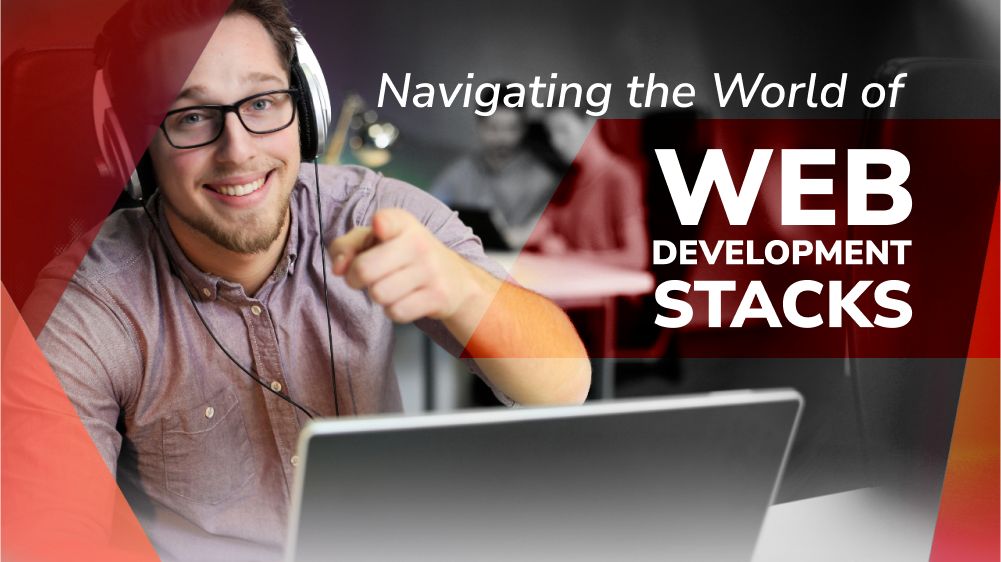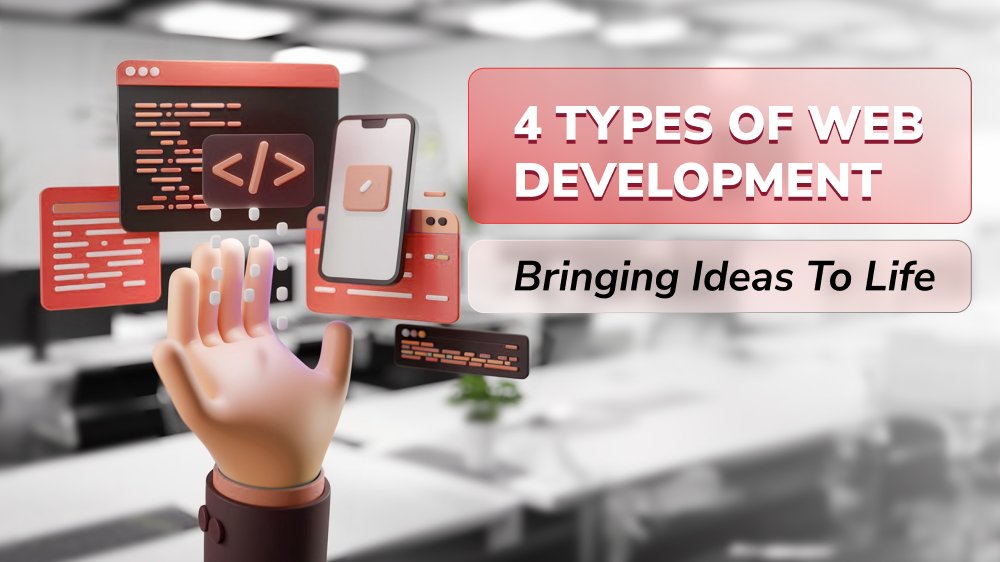
Types of Web Development: Bringing Ideas to Life
Discover the three types of web development every developer must master: front-end, back-end, and full-stack to unlock the full potential of web creation.
Nowadays, most businesses rely on websites and online platforms to engage customers, sell products, and grow their brands. While out-of-the-box content management systems (CMS) like WordPress make basic websites relatively simple to build, they often lack customization options and advanced features for complex enterprises.
In those cases, building a custom content management system from scratch can feel like a daunting task. However, a well-designed, tailored system has significant benefits that far outweigh the upfront development costs. Instead of forcing your organization into a one-size-fits-all CMS cube, a custom solution allows for complete control and flexibility.
In the following, we’ll explore why investing in a custom CMS can be a game-changing move for the right business. From improved functionality to long-term cost savings, we’ll cover the top advantages that make customization worth the effort. By the end, you’ll understand how building the CMS of your dreams can supercharge your online operations and take your digital presence to the next level. Let’s get started with a look at why off-the-shelf systems may be holding you back.
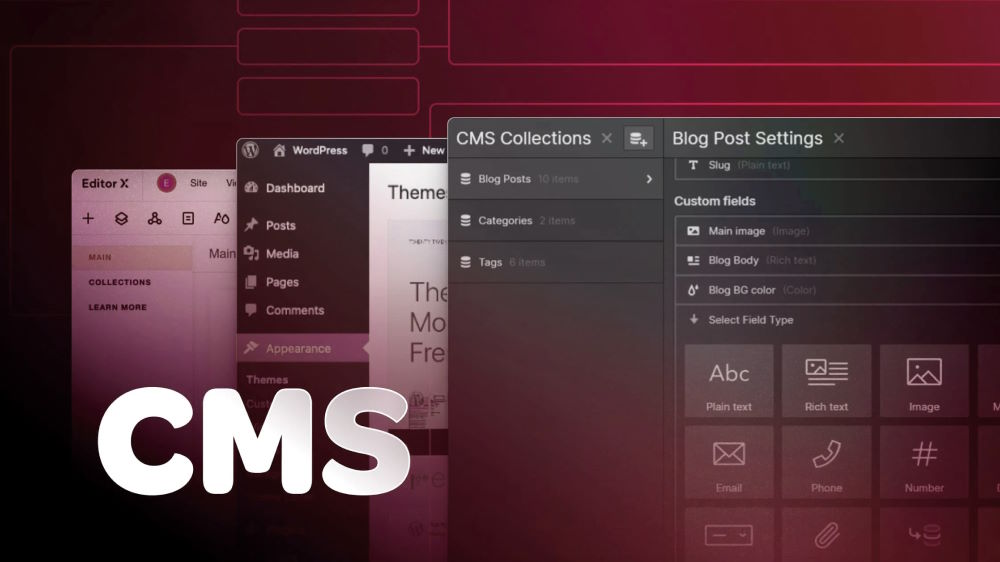
A Content Management System (CMS) is a type of software product that allows users to create, modify, and manage digital content on websites without requiring extensive technical knowledge. It provides a friendly user interface for content creation, editing, and publishing.
A pre-built CMS is a ready-made solution that offers a set of common features and functionalities for web development. There are many pre-built CMS platforms available, such as WordPress, Drupal, Joomla, and Wix. While they offer a range of features, such as customizable templates, built-in SEO tools, a user-friendly interface, and integrations with social media and email marketing platforms, pre-built CMS platforms also come with several limitations that CMS users should consider before adopting them.
One of the significant drawbacks of using a pre-built CMS is that it may not offer all the CMS features a business requires. While these platforms often provide a range of general functionalities, they may not cater to specific industry requirements or unique business processes. This limitation can hinder the ability to build and manage content effectively, resulting in a compromised user experience and hampered business growth.
Another drawback of pre-built CMS platforms is their limited customizability. While they may offer some degree of flexibility through themes and plugins, businesses with specific design or functionality needs may find it challenging to achieve their desired outcome. Custom branding, unique user interfaces, or complex workflows may be difficult or impossible to implement within the constraints of a pre-built CMS. This lack of customization may hinder the ability to create a distinct online presence and differentiate from competitors.
Pre-built CMS platforms are developed to cater to a wide range of users, making it challenging to optimize them for every specific use case. As a result, performance and security can become concerns. The platform’s codebase may contain unnecessary features or dependencies that impact website speed and performance. Furthermore, since pre-built CMS platforms are widely used, they can become targets for hackers, making them vulnerable to security breaches if not properly maintained and updated.

A custom content management system offers numerous advantages over pre-built CMS platforms. While pre-built solutions provide convenience, a custom CMS can be customized to meet business requirements, provide a more seamless workflow, and offer scalability and flexibility for future growth. Understanding the benefits of a custom CMS project can empower businesses to create a unique online presence and achieve their goals more effectively.
A custom CMS provides the ability to tailor every aspect of the system to meet specific business needs and goals. Unlike pre-built solutions, which offer a one-size-fits-all approach, a custom CMS allows businesses to define their own features, functionalities, and user interfaces. This level of customization ensures that the CMS aligns precisely with the unique processes and requirements of the business. With a custom CMS, businesses can create a highly personalized digital experience that reflects their brand identity and optimizes content management workflows.
Building your own custom CMS can significantly enhance the workflow for content creators. By understanding the specific needs of content creators, a custom CMS can be designed to provide a more seamless and efficient content creation, editing, and publishing process. Customized interfaces, intuitive content management tools, and tailored workflows can simplify tasks, reduce manual efforts, and improve collaboration among content creators. This allows them to focus on generating high-quality content without being encumbered by technical limitations or convoluted processes.
As businesses evolve and expand, their digital requirements change as well. A custom CMS can be built with scalability in mind from the start, allowing for easy integration of new features, modules, or third-party services. With a headless CMS architecture, where the front-end and back-end are decoupled, businesses can adapt and extend their CMS without disrupting the user experience. This flexibility ensures that the CMS can evolve alongside the business, accommodating new technologies, channels, and content types as needed.

Now that you have a basic understanding of the benefits of a custom CMS versus pre-built platforms, the next logical question is probably: “How do I build my own content management system?” However, before you start the CMS development process, you need to consider some important factors that will affect the success and usability of your CMS.
Building your own CMS solution requires a solid understanding of web development technologies, including programming languages, databases, and servers. Before you begin, you should assess your technical requirements and determine which technologies you will use to build your CMS. This may involve selecting a programming language, such as PHP, Ruby on Rails, or Python, and selecting a database management system, such as MySQL or MongoDB.
It’s also important to consider the hosting environment for your CMS, including the type of server and operating system you will use. This will affect the performance, reliability, and security of your CMS, so it’s important to choose a hosting solution that meets your needs.
The usability and user experience of your CMS are critical factors in its success. A well-designed CMS should be easy to use and intuitive and provide a seamless user experience for content creators and editors. This means creating a user interface that is simple, clear, and well-organized, with easy-to-use tools for creating, editing, and publishing content.
Furthermore, you should think about the user experience for your website visitors, as this will affect the overall effectiveness of your content. Your CMS should provide tools for creating engaging, dynamic content that is optimized for user engagement and search engines.
Security and compliance are critical factors in CMS development, as they affect the protection of your digital content and the privacy of your website visitors. Your CMS should provide robust security features to protect against cyber attacks, including encryption, authentication, and access controls.
Additionally, it’s critical to ensure that your CMS complies with all applicable industry standards and laws, including the General Data Protection Regulation (GDPR) or the Health Insurance Portability and Accountability Act (HIPAA). This may involve implementing data protection measures, such as data access controls, data encryption, and data backup and recovery.
A technology stack for CMS development is a combination of tools and technologies that are used to build and run a content management system. Choosing the right technology stack for your CMS development is an important decision that can affect the overall quality, performance, and security of your website. There are many technology stacks available for building a custom CMS, but here are two of the most popular ones:
The LAMP stack has been a well-known choice for CMS development for many years. Linux offers a stable and secure operating system, while Apache serves as a robust web server. MySQL offers a reliable and scalable relational database management system, and PHP is a versatile and widely supported scripting language.
The .NET stack is a Microsoft technology stack widely used for CMS development. C# is a robust and versatile programming language, while ASP.NET provides a comprehensive framework for web application development. SQL Server is a reliable and feature-rich relational database management system that integrates smoothly with other .NET components.
Ultimately, the choice of technology stack for building a custom CMS will depend on a variety of factors, including the specific project needs, the expertise of the development team, and the available resources. By carefully evaluating the benefits and limits of each stack, you can come up with a more informed decision that aligns with your business needs and technical requirements.
Building a custom CMS from scratch requires extensive development work as well as expertise in content management systems. If you don’t have an in-house team with the skills and bandwidth to take on such a project, outsourcing to reliable custom software development partners is a smart strategic choice.
Orient Software has years of experience successfully delivering custom software development and web applications for clients of all sizes. Our dedicated software teams have deep knowledge of all aspects of CMS design, development, and implementation.
Rather than trying to build a CMS alone, consider partnering with Orient Software. Our team of pros can help scope requirements, develop the system architecture, and see the project through from initial planning to launch and beyond. Contact Orient today to discuss how we can leverage our CMS expertise to create a tailored solution optimized to meet your unique business needs on time and on budget.
Discover the three types of web development every developer must master: front-end, back-end, and full-stack to unlock the full potential of web creation.
Explore the crucial role of web design solutions in today’s digital landscape and learn how to create winning designs that attract and retain customers.
MEAN, MERN, MEVN, LAMP – what do all these acronyms mean? Here is everything you need to know about web development stacks.
Are you struggling to create an ecommerce website that stands out? Unlock the secrets to skyrocketing sales with our guide to ecommerce website development!
JavaScript vs. Python? Which popular programming language best suits your project? Find your answer in this article.

